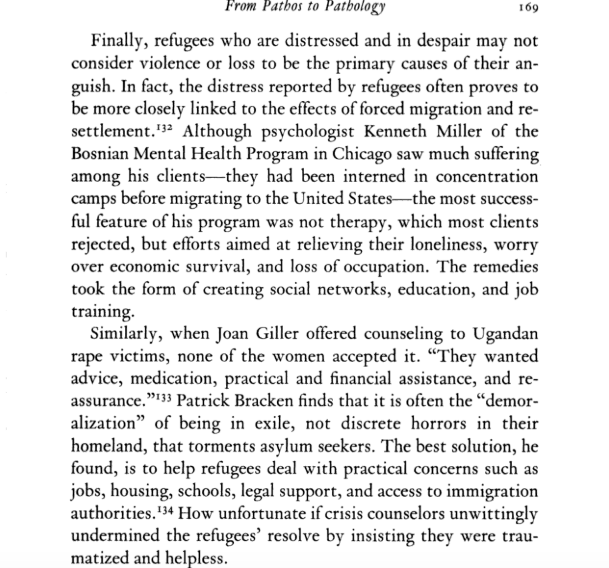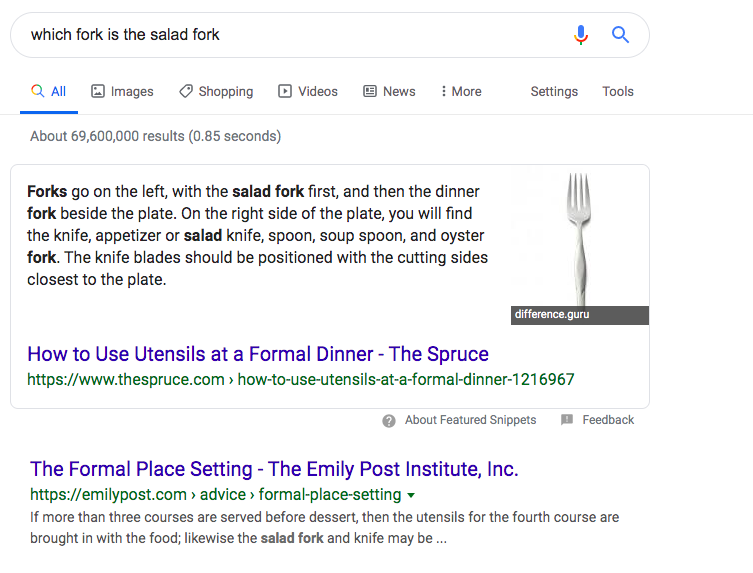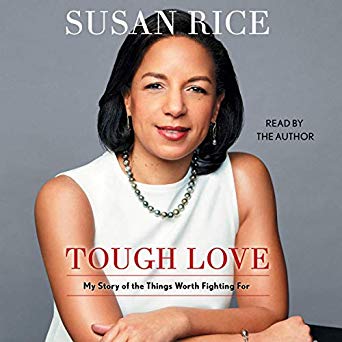Apparently, Free Fancy Dinners With Donors Make Harvard Scholarship Recipients "Uncomfortable"11/14/2019 A recent article in The Harvard Crimson complained that scholarship recipients felt "uncomfortable" and "out of place" at an annual Scholarship Dinner, where students had the opportunity to network with billionaires and millionaires (many of whom were, themselves, scholarship recipients in their days at Harvard) while eating delicious food. The article, Who Does the Celebration of Scholarships Celebrate?, made me feel bad for these scholars. Somehow, instead of unflinchingly believing that they belong, they obsess over "power dynamics" -- which, really, doesn't even make sense to me in this context. How do these random adults who are not teachers, bosses, rivals, co-workers, or competitors have "power" over the students in attendance? It would be strange if, say, the students dressed in uniforms and served dinner to the donors. But this was not the case. Instead of feeling confidence in themselves and strength in their character and accomplishments, these students feel intimidated by other people's wealth. It's almost as though their self-worth doesn't come from within themselves, but from whether the people around them are wearing designer clothes and expensive jewelry. It's almost as though these kids think that because they are on need-based scholarships, they have nothing to contribute. Which is the opposite of how they should feel. Call me arrogant -- plenty of people do, because they can't handle it when a woman has confidence -- but when I walk into events like these, I feel like, Okay, sure. Some people here have things I don't. But I have so much to contribute: knowledge. Ideas. An incredible sense of humor. A great work ethic. This attitude has served me well, in school and in life. It's gotten me better jobs than the one I applied for (at a higher salary, of course). It's helped me meet incredible thought leaders and given me the confidence to share my evidence-based opinions with people in a position to make a difference. When people tell me my rates are expensive, I look them in the eye and tell them,"That's because I'm the best." So why, oh why, do these poor children squander, rather than capitalize on, an opportunity? Reading through the article, it feels like someone taught these kids to feel like victims who constantly feel "othered" and have to fight for their belonging. How sad. That's one of the main reasons I'm critical of dogmatic changes to high school curricula that feel good, but aren't research-based, and may cause more harm than good. I would be much more supportive of a program that addresses difference in backgrounds -- then teaches students strategies to overcome their disadvantages. This is the norm in some places. For example, in One Nation Under Therapy: How the Helping Culture is Eroding Self-Reliance, Dr. Sally Satel and Christina Hoff Sommers, PhD. (whom, I'll admit, I liked more at the time when she wrote this book -- I think her Twitter popularity has made her a little cuckoo) wrote about how confused the nice white ladies get when they travel to disaster zones and none of the victims want to relive their trauma over and over through "therapy" -- they would rather receive practical help, like legal support and help finding jobs.
From: One Nation Under Therapy, p. 169
So instead of teaching marginalized students that networking is "entitled white people bullshit"... why not teach them to be better networkers? ​Why not give them tools and knowledge that will make them feel comfortable in an environment where some people have more money than they do? I think it's incredible that Harvard hosts this event, as it presents a win-win-win for all involved. Harvard gets more donations. Donors -- many of whom are donors because they, themselves, were scholarship recipients when they went to Harvard -- get to see the impact of their generosity. And students get both networking opportunities and a chance to experience something they are going to experience eventually, but in a consequence-free manner. Like, do you really think it would be better to figure out which one is the salad fork when you're at a table with your boss and largest customer, or a prestigious award dinner at which you or your wife is being honored? SPEAKING OF WHICH. The part about the salad fork bothered me. In the article, one student whined,
I was just like, Uhhh... did you forget about this thing called Google?
This literally took 0.85 seconds.
Assuming your phone was somehow unavailable, did it not occur to you to ask one of your friends at the banquet? Or even one of the donors at your table?
Instead of making it a point of shame, make it an opportunity to say something interesting and unique about yourself -- I mean, did your mother raise you to be ashamed or proud of where you came from?
Asking about things you don't know doesn't make you look dumb -- it makes you look confident enough to admit what you don't know, and shows a willingness to learn. Plus, as Olivia Fox Cabane writes in The Charisma Myth: How Anyone Can Master the Art and Science of Personal Magnetism, if something is awkward, it's awkward. Ignoring it will make it more awkward -- acknowledging it will diffuse the situation. Plus, you can connect it to other behaviors of warmth or use it as a way to direct the conversation down a certain path. For example:
If you are a scholarship student who doesn't yet have this kind of confidence, but would like to (it sure beats making excuses all the time and never feeling like you belong), the very first thing you should do is read Susan Rice's new book, Tough Love: My Story of the Things Worth Fighting For.
"When the author laughs so hard she cries, you know it's going to be a good book." But it's not just raw and real. It doesn't just provide behind-the-scenes information and insights about some of the more turbulent times in her career. Rice spends a significant amount of time talking about her mindset, and how her parents instilled in her an attitude that, despite being disadvantaged as a woman of color, she would always love and honor her identity, which means never using it as an excuse. We could all benefit from reading this book. If you don't have $17 to order it online, order it at your school or public library -- that's what they're there for. If that doesn't work, download a free trial of Audible (just don't forget to cancel after 30 days) or a free trial of audible (again, don't forget to cancel). (And, on the topic of free trials -- need something cute to wear to the scholarship dinner? Sign up for aFree Trial of Gwynnie Bee, a "rotating closet"/"Netflix for clothes" service.) Another topic Rice, who served as Obama's ​U.S. National Security Advisor, discusses in her book is bigotry. She reminds readers that when someone is prejudiced against you, that has nothing to do with you, and everything to do with their own insecurities -- don't let someone else's insecurity define you. Inversely, I thought as I read the Crimson article, don't let your own insecurities define you, either. ​
This perception has everything to do with Charlie's insecurities and hang-ups, and little to do with anything that happened at the actual event. Charlie could have experienced the event feeling proud, like, "I belong at Harvard so much, that these people are paying me to go here -- think of all my classmates who have to pay to be here." Instead, he let his insecurities prevent him from getting that introduction, landing that summer internship, building that mentorship that will help him make good decisions and find opportunities for years to come. Which, again... is just sad. What a waste of a rare opportunity. Instead, what these more insecure students propose is:
First of all, if donors actually did that, surely these same students would make derisive comments about "poverty tourism." Second, how exactly would that benefit the students? Why settle for a win-win, when you could have a win-win-win? The other thing to remember when attending events where the "power dynamics" are "disorienting" is... Despite what you may have been told by well-meaning activists or whatever, rich people aren't nearly as judgy as you think. As mentioned previously, many of the rich people who attend donor events were, themselves, scholarship students. Thomas J. Schneider ’73, who has donated to Harvard financial aid since the early nineties, first attended the Celebration of Scholarships several years ago. “It was just a great opportunity to get to know [my donees],†he says of the dinner. “There was some sharing of their stories, and also getting to hear what they were doing at Harvard, and, you know, thinking back to my own experience.†If they didn't sympathize with your struggles and care about your success, they wouldn't be at the dinner. ​They care about you. They admire you. They want to hear your story. If someone says something that rubs you wrong and causes offense, remember to ask yourself, "Is it true? Are you sure?" Pretty much always, the answer is no. So now ask yourself, "Who would I be without this belief?" ​Goldman Sach's newest summer intern, perhaps. A guest on a hot blog or podcast, maybe. Someone whose life is enriched and whose health is improved because of a little thing called gratitude. Or even just a college student who KNOWS that she belongs -- and who had an amazing time at the banquet last night.
4 Comments
11/17/2019 11:51:32 pm
There's some formatting issues in this article, starting from "who served as Obama".
Reply
Jadzia
11/26/2019 11:25:01 am
I think it's important to bear in mind that just because something is uncomfortable does not mean it is bad. When I was young and in poor health I volunteered for a legal charity. We were all invited to an event at one of the Inns of Court. Lord Bingham, the country's most senior judge at the time, was a guest speaker.
Reply
12/2/2019 01:14:55 pm
>> "I think it's important to bear in mind that just because something is uncomfortable does not mean it is bad."
Reply
Leave a Reply. |
About the Author

Eva is a content specialist with a passion for play, travel... and a little bit of girl power. Read more >
Want to support The Happy Talent? CLICK HERE!
Or Find me on Patreon!
What's Popular on The Happy Talent:
Trending in Dating and Relationships:
What's Popular in Science: Playfulness and Leisure Skills:
Popular in Psychology and Social Skills:
Categories
All
|






























 RSS Feed
RSS Feed